British PM allows parliament vote on Brexit delay
British Prime Minister Theresa May has finally bowed to pressures in the parliament for allowing a delay to the country’s planned withdrawal from the European Union.
May told lawmakers in the House of Commons on Tuesday that they would have a chance to delay the Brexit in a vote on March 14, two days after she comes to the chamber for a vote on her EU withdrawal deal.
May said the vote on the delay would be held if the lawmakers reject her Brexit deal on March 12 and then reject leaving the EU with no deal in a vote on March 13.
“The United Kingdom will only leave without a deal on March 29 if there is explicit consent in the House for that outcome,” she told the Commons in a statement.
The announcement on the possibility of a delay comes after May faced increasing pressure from within her cabinet and from the major political parties in the parliament to rule out the no-deal Brexit.
May had earlier indicted that the only way to escape a disorderly Brexit would be for the lawmakers to vote for the deal he signed with the EU in November.
If a delay is a agreed, it could extend Britain’s two-year negotiation with the EU to the end of June with no more extensions possible, according to May, who insisted the democratic will of the British people who voted for their country to leave the EU in the June 2016 referendum should be respected at the end.
May said, however, that the Commons approval for a delay to Brexit would not completely rule out a no-deal Brexit, adding if the lawmakers really wanted to avoid the highly-feared scenario, they should approve her Brexit deal or the government should revoke its 2016 decision to trigger a mechanism in the EU laws which allows a member to leave the bloc.
“An extension cannot take no deal off the table ... The only way to do that is to revoke Article 50, which I shall not do, or agree a deal,” she said.
UNRWA warns of humanitarian collapse in Gaza
'Hello my enemies': Lebanese journalist on Israeli threats and his resolve to continue
Outrage in France as MP proposes bill to ban criticism of Israel
VIDEO | The strategy of Hezbollah in war
Israeli military withdraws several brigades from southern Lebanon: Report
48-year-old Palestinian man serving 48 life terms completes 22 years in Israeli jails
From MKO to Tondar, how Germany became safe haven for anti-Iran terror groups
Hamas open to any proposal aiming to end Gaza war: Hamdan



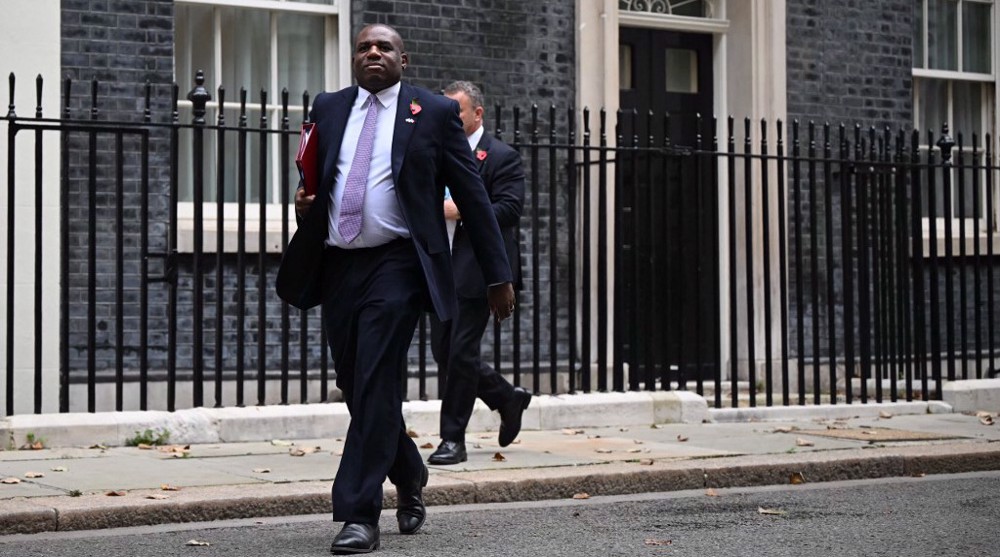
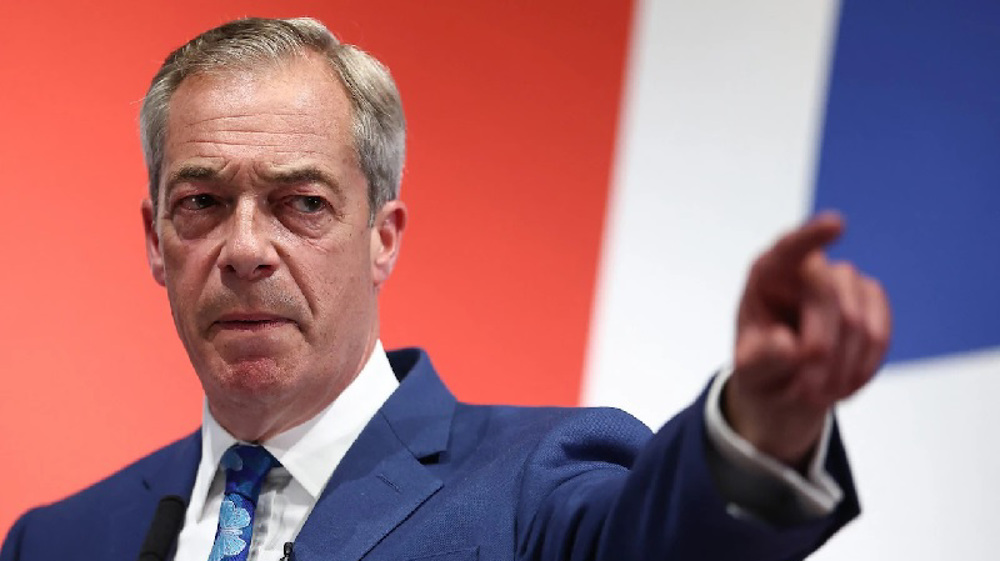




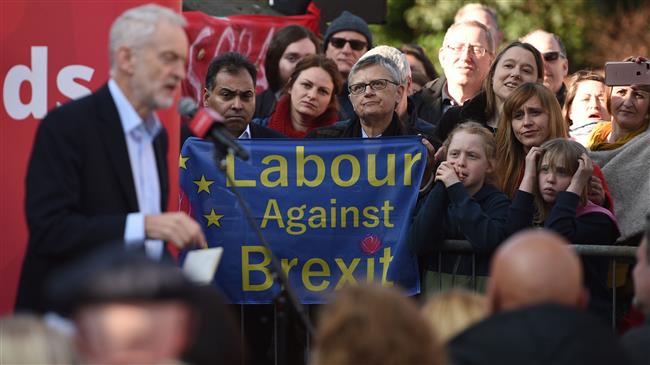
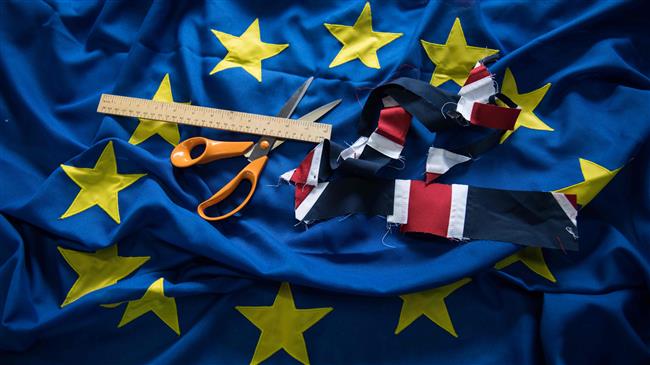
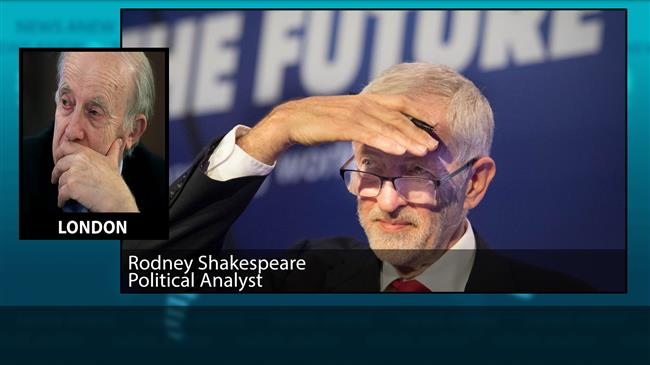

 This makes it easy to access the Press TV website
This makes it easy to access the Press TV website